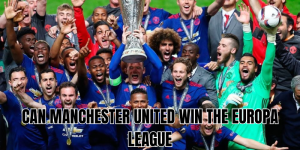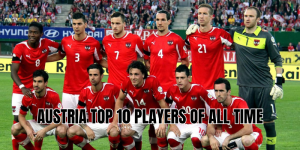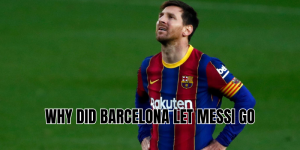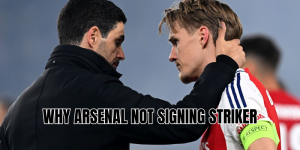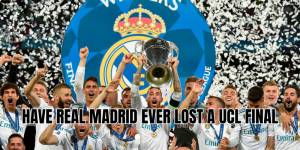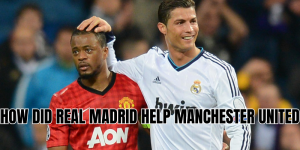From the first sentence: Yes, Manchester United is publicly traded. FreeKickSEO will take you through what that means, how shares are structured, who owns what, and what that implies for fans and investors alike.
What it means that Manchester United is publicly traded
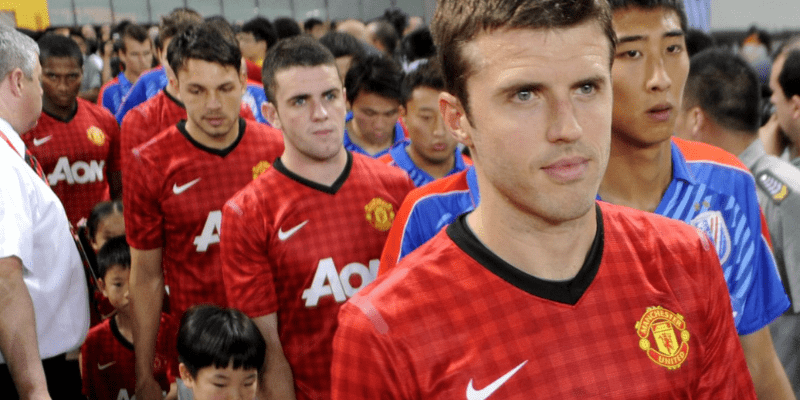
When we say Manchester United is publicly traded, we mean that some of its ownership is available to investors who buy and sell shares in the club on a stock exchange. Key points:
- The parent company is Manchester United plc, incorporated in the Cayman Islands.
- It’s listed on the New York Stock Exchange (NYSE) under the ticker symbol MANU.
- It went public in an IPO (initial public offering) on 10 August 2012, with Class A shares priced at US$14.
How the share structure works
Being publicly traded doesn’t mean fully public control. There are classes of shares, and power is divided.
Ownership classes
- Class A shares are the ones available to the public. They are listed on the NYSE. These tend to have limited voting rights compared to Class B. lass B.
- Class B shares are mostly held by the controlling owners (traditionally the Glazer family). They carry more voting power.
Who owns what
Here’s how ownership breaks down (latest known data ~ December 2024):
- The Glazer family holds a large proportion of the voting rights—over **60-70%**—despite public shareholders owning a large portion of total outstanding shares.
- INEOS (Sir Jim Ratcliffe’s group) has acquired ~28-29% of the shares outstanding, including a stake in voting shares. This gives them significant minority influence.
- Public/institutional investors own the rest,.
Why the club went public and how that impacts things
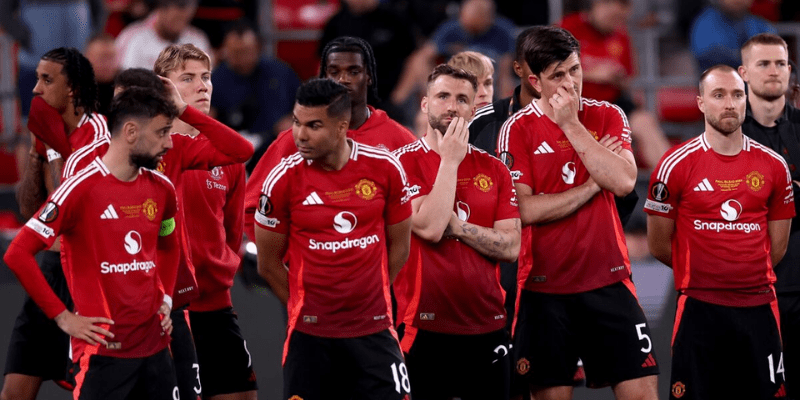
For football clubs, being publicly traded means raising capital. But it also comes with trade-offs.
Advantages
- Capital and Investment: The IPO in 2012 raised funds. Also minority sales or investments (e.g. by INEOS) can inject capital into infrastructure, operations.
- Global Brand Leverage: With publicly listed status, greater scrutiny and exposure help with commercial deals, sponsorships, merchandising, broadcasting.
- Financial transparency: Regulatory filings, shareholder disclosures, earnings reports, etc., make finances more visible.
Challenges & drawbacks
- Control vs ownership tension: Even though public investors own shares, they mostly hold Class A shares which carry low voting weight. Glazers/major shareholders keep control.
- Performance pressure: Financial markets care about revenue, profit, and returns. Poor on-field results or losses can hurt share price.
- Regulatory obligations: Must report earnings, follow securities law in the U.S.; shareholder activism concerns; potential scrutiny.
Recent developments and ownership changes
Understanding the current landscape is key. Here’s what’s changed recently:
- In February 2024, INEOS, through Trawlers Ltd, completed a minority acquisition of Manchester United shares. This included ~25-28% of outstanding shares.
- Alongside that, INEOS gained control of football operations (though not full ownership or voting control).
- The Glazer family continues to retain majority voting power, despite owning less than 100% of shares.
What that means for fans and potential investors
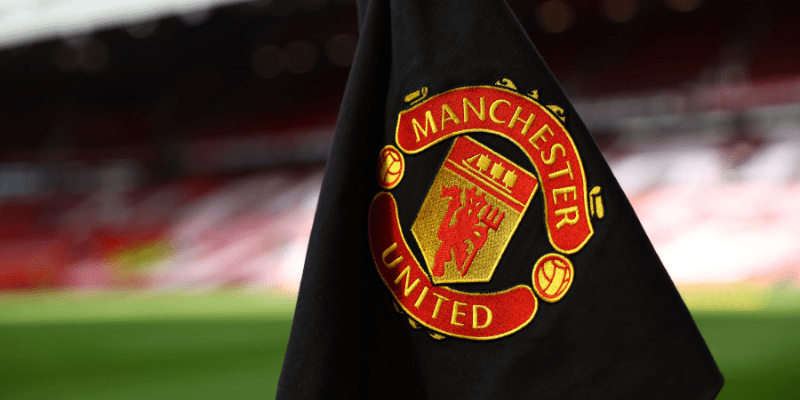
As a supporter, or someone interested in investing, here are the key takeaways:
- Buying Class A shares (MANU) gives you exposure to Manchester United’s business: share in profits (if any), growth of the brand, commercial success, etc. Also, your investment’s value will fluctuate with financial results, revenues, costs.
- But voting power is limited for most shareholders; decisions (transfers, board appointments, major strategy) largely driven by major stakeholders (Glazers, INEOS).
- Financial performance and revenue streams matter a lot: matchday revenue, broadcasting rights, sponsorships, global merchandise, etc. Poor performance on the pitch can hurt these and thus hurt stock price.
Some numbers and market data
- Manchester United plc’s market capitalization in recent times has been roughly US$2.8-3.0 billion.
- Stock currently trades in the range of US$12 to US$20.
- Debt levels are substantial; revenues are strong but consistent net profit has been elusive in recent seasons.
Possible future scenarios
- There’s ongoing speculation about further shifts in ownership, particularly whether INEOS might increase its stake or even seek a full takeover.
- Also, how the club manages finances, cost controls, performance on pitch will heavily influence investor confidence and thus share price.
- Regulatory pressures, fan sentiment, and brand strength will play big roles.
Conclusion
Yes, Manchester United is publicly traded under Manchester United plc listed on the NYSE with ticker MANU. While public investors can buy and sell shares, majority control remains with the Glazer family, with INEOS holding a substantial minority stake.
If you’re a fan considering investing, or someone curious about how club ownership works, the journey of Manchester United offers both inspiration and caution: prestige and global reach, but also a balancing act between football passion and financial realities.
FreeKickSEO invites you to keep up with the latest on stock performance, ownership changes, and financial reports. Want me to pull up the most recent earnings, or compare Manchester United’s public structure with Real Madrid or Liverpool?

